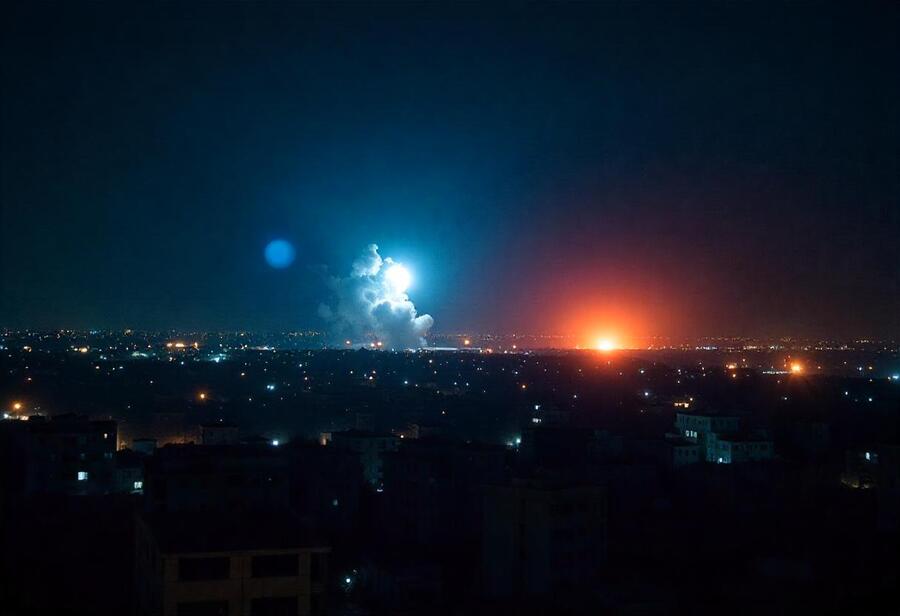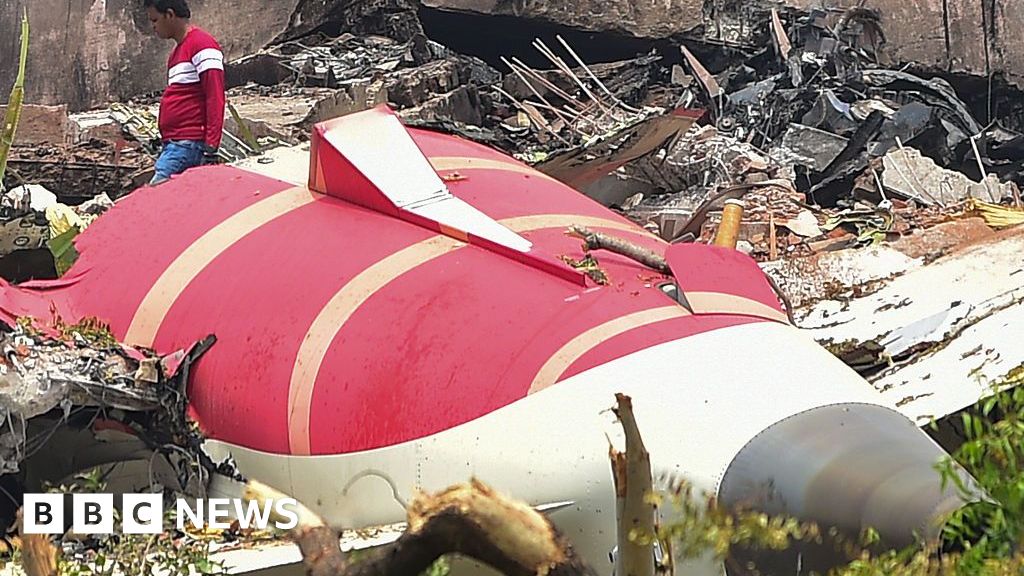Nations Issue Travel Advisories for Middle East Amid Regional Conflicts

The Middle East is experiencing a severe escalation of tensions between Israel and Iran, prompting urgent travel advisories from the United States and Canada. Both nations have issued joint 'Do Not Travel' warnings for Iran, Israel, the West Bank, and Gaza, citing grave concerns over escalating violence, ongoing missile strikes, civil unrest, and the increasing risk of arbitrary detention for foreign nationals. The situation, characterized by an unpredictable security landscape, has reached a critical point, with fears of a broader military confrontation looming.
For citizens currently in Iran, the advisories are stark: depart immediately or prepare to shelter in place. Due to the closure of Iranian airspace, commercial air travel for departure is largely impossible. Instead, individuals are urged to seek overland routes to neighboring countries such such as Turkey or Armenia. Travel to Turkmenistan requires special authorization, which can be obtained through the U.S. embassy in Ashgabat. The U.S. State Department’s Level 4 warning for Iran specifically highlights threats including terrorism, civil disturbances, and the potential for arbitrary detention of American citizens.
The conflict has seen a rapid exchange of strikes. An Israeli assault on Iran’s nuclear facilities on June 13 initiated the recent escalation, resulting in casualties among senior Iranian military figures and scientists. In retaliation, Iran launched multiple missile attacks targeting various locations in Israel. This was followed by an Israeli airstrike on Iran’s state television station in Tehran. The human toll is mounting: Israeli officials report at least 24 people killed and over 500 injured in Israel from Iranian retaliatory attacks. Iranian strikes on a single Monday alone killed at least eight people. Separately, the Iranian advocacy group Human Rights Activists reports over 400 fatalities in Iran, including 197 civilians, with Iranian health authorities confirming more than 1,200 wounded.
Similar heightened warnings are in place for Israel, the West Bank, and Gaza. The U.S. State Department’s 'Level 4: Do Not Travel' advisory for these regions underscores the active conflict, terrorism risks, and escalating civil unrest. Specific areas of heightened concern include northern Israel, particularly within 4 kilometers (2.5 miles) of the borders with Lebanon and Syria, due to military operations. Even popular tourist destinations like Jerusalem and Tel Aviv have experienced sudden unrest and security incidents. The occupied West Bank is prone to roadblocks, demonstrations, and violence, while the Gaza Strip remains under heavy restriction, experiencing rocket attacks and military strikes. The U.S. government has authorized the voluntary departure of family members of American personnel and some non-emergency staff from U.S. embassies and consulates in Israel, reflecting the heightened security concerns.
The escalating tensions have severely disrupted regional air travel. Following Israel’s military strikes, Israeli airspace was closed, causing significant delays and diversions, and remaining closed as of June 16, preventing direct flights between Cyprus and Israel. Airspace closures also affected Iran, Iraq, Jordan, and Syria, with Lebanon temporarily suspending flights before resuming operations. Commercial aircraft are now being rerouted southward through Egypt and Saudi Arabia or northward through Türkiye and Azerbaijan to avoid the affected areas. Major airlines, including Emirates, flydubai, Qatar Airways, Etihad Airways, Lufthansa, Swiss, Air France, KLM, Wizz Air, Ryanair, Delta Air Lines, El Al, and Israir, have canceled or modified flight operations due to safety concerns.
Amidst this regional instability, Cyprus, located approximately 472 kilometers (294 miles) from Israel, maintains its reputation as a stable destination for travelers. While neutral in the ongoing conflict, its geopolitical sensitivity due to proximity to the Middle East and historical ties, including British Sovereign Base Areas, warrants vigilance. The UK Foreign, Commonwealth & Development Office (FCDO) has updated its travel advisory for British nationals, urging them to monitor developments, stay informed through reliable sources, and adhere to local authority guidance. Notably, at least 30 flights were rerouted to Cyprus due to the closure of Ben Gurion Airport. Flights between the UK and Cyprus continue as scheduled, ensuring international connectivity.
Travelers to Cyprus are advised to remain vigilant by monitoring news, following local instructions, and exercising caution in crowded areas, avoiding political demonstrations. While Cyprus is generally safe, visitors should be aware of the island's division; the northern part, administered by Turkish Cypriots, is not recognized by the UK government, limiting consular support. Entry requirements for British nationals remain straightforward, allowing visa-free stays of up to 90 days. Despite the regional challenges, Cyprus continues to be a resilient and attractive destination, balancing geopolitical realities with its commitment to providing a safe and enriching experience for visitors.
Beyond Iran and Israel, both the US and Canada advise against travel to other areas affected by ongoing hostilities, including Gaza, the West Bank, Syria, Yemen, and Iraq. The FCDO also advises against all travel to Israel and cautions against travel to the northern part of Egypt’s Sinai Peninsula. Tour operators continue to run package holidays to Egypt, but travelers are advised that travel insurance may be invalid if official travel advice to restricted areas is disregarded. The fluid situation necessitates that citizens in the affected regions remain vigilant, prepared for emergencies, and consult official government sources for the latest travel alerts.








